ISyE Postdoctoral Fellowship Program
The ISyE Postdoctoral Fellowship Program was established in 2020. Supported by generous donations from ISyE alumni and friends, this program provides full or partial funding for postdoctoral fellows in all research areas within ISyE, including advanced manufacturing; analytics and machine learning; applied probability and simulation; data science and statistics; economic decision analysis; energy and sustainable systems; health and humanitarian systems; optimization; supply chain engineering; and system informatics and control. Postdoctoral Fellows in this program perform independent research at the cutting edge of their field in collaboration with one or more faculty mentors within the school. In addition, the program aims to prepare outstanding researchers for faculty careers that will contribute to diversity and equal opportunity through research, teaching, and service.
The Georgia Tech Community
The Georgia Institute of Technology is a top 10 public research university with 40,000 students who study in person at the main campus in Atlanta, at instructional sites around the world, as well as through distance and online learning. Its engineering and computing Colleges are the largest and among the highest-ranked in the nation, and the Institute offers leading programs in business, design, liberal arts, and sciences. With more than $1 billion annually in research awards across all seven Colleges and the Georgia Tech Research Institute (GTRI), Georgia Tech is among the nation’s most research-intensive universities. It is an engine of economic development for the state of Georgia, the Southeast, and the nation. Georgia Tech’s mission is to develop leaders who advance technology and improve the human condition. Its mission and strategic plan are focused on making a positive impact in the lives of people everywhere. For more than 135 years, the people of Georgia Tech have dared to imagine and then create solutions for a better future. The innovative culture and leadership continue, for Progress and Service for all.
2025 Cohort
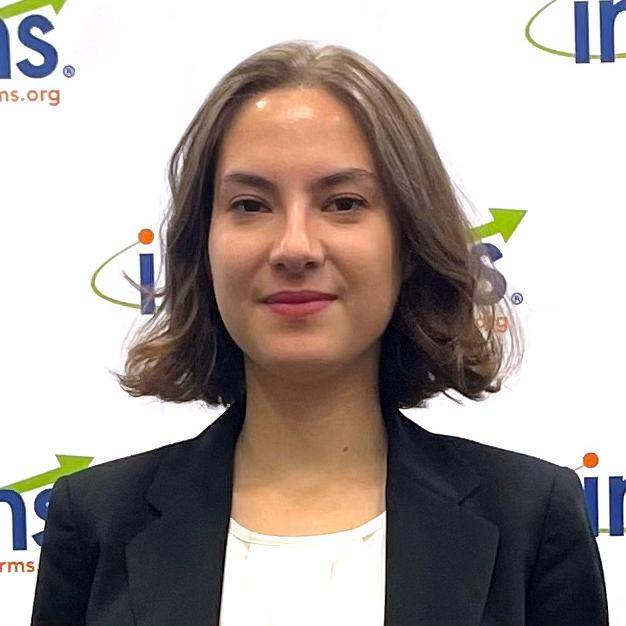
Anna Deza
H. Milton Stewart Postdoctoral Fellow
Anna Deza is currently a fifth-year Ph.D. student in the Industrial Engineering & Operations Research department at UC Berkeley, where she is advised by Alper Atamtürk. She previously earned her BASc in Engineering Science from the University of Toronto, where she was advised by Merve Bodur.
Her research focuses on using discrete optimization to develop scalable algorithms for machine learning problems with inherent discrete structures, particularly in contexts such as interpretability and fairness.
Mentor: Santanu Dey
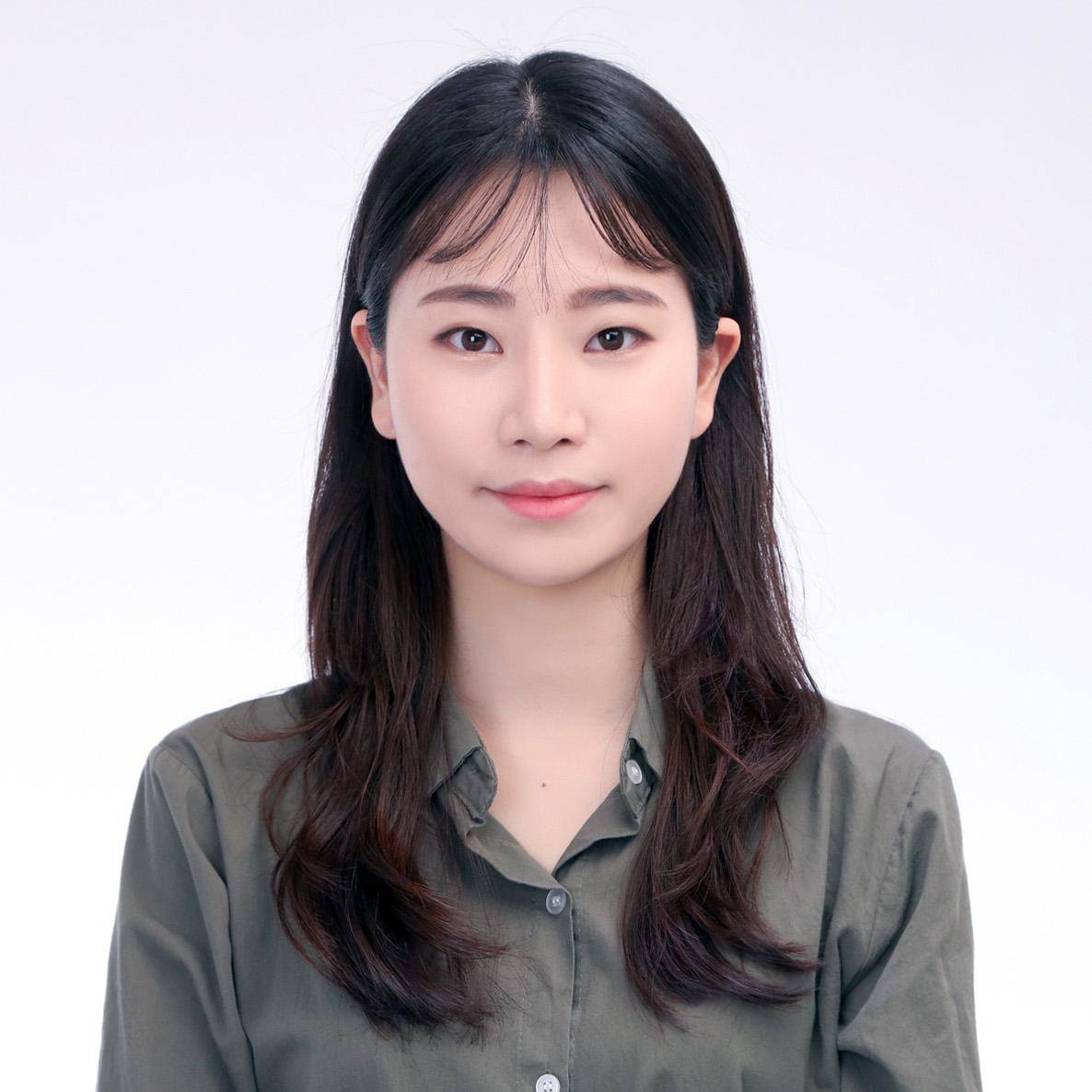
Jisun Lee
H. Milton Stewart Postdoctoral Fellow
Jisun Lee is a fifth-year Ph.D. candidate in the Department of Industrial Engineering and Operations Research at the University of California, Berkeley, under the guidance of Professor Alper Atamtürk. She earned her B.S. degree in Industrial Engineering from Seoul National University in 2017, followed by an M.S. degree from the same institution in 2019.
Her research focuses on constructing strong formulations and developing solution approaches for mixed-integer convex optimization problems.
Her key areas of interest include:
- Integer programming and combinatorial optimization
- Convex optimization with applications in statistical learning and control optimization
- Optimization under uncertainty, including stochastic and robust optimization
Mentor: Santanu Dey and Oktay Gunluk
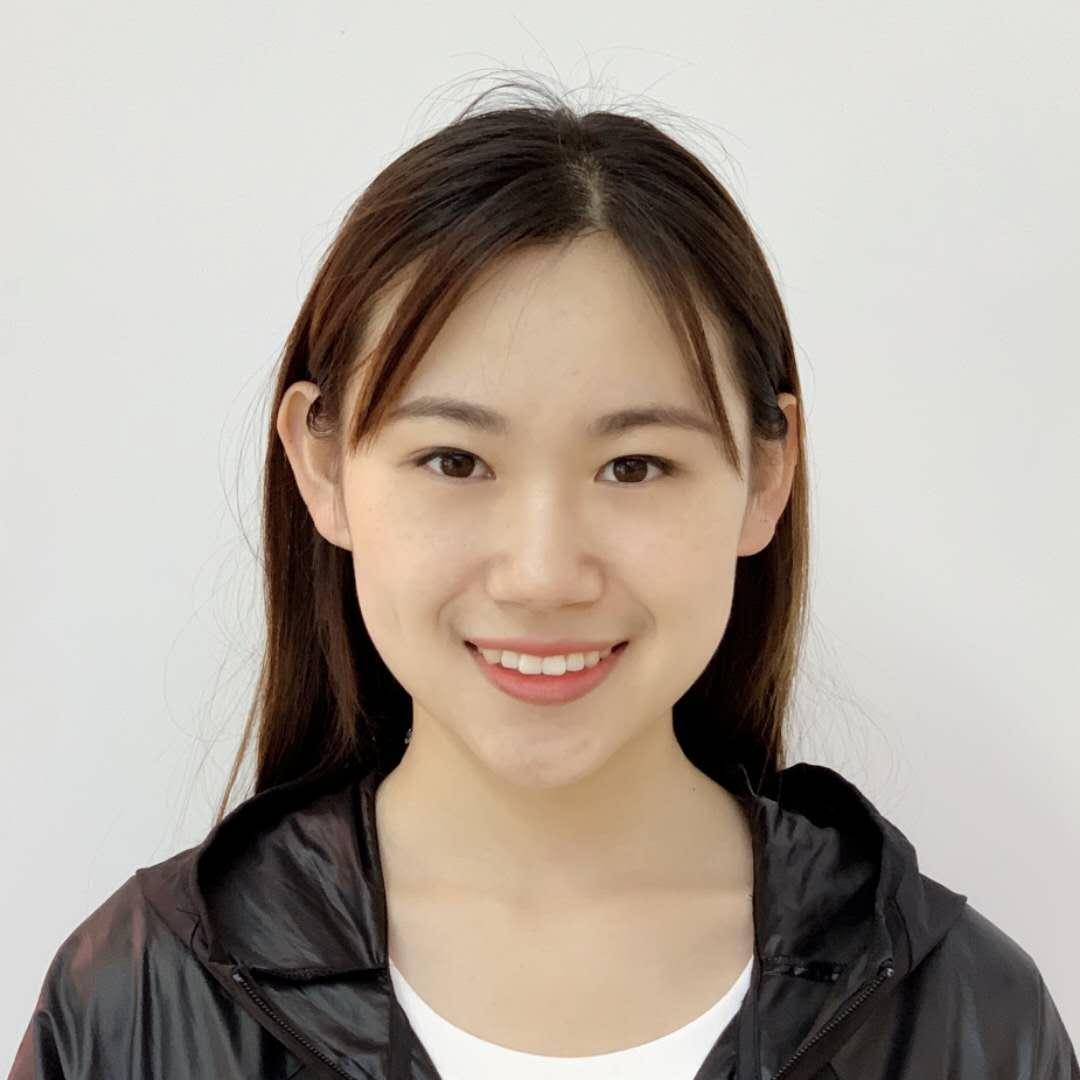
Meichen Song
Groseclose Postdoctoral Fellow
Meichen Song is a PhD candidate in Statistics at Stony Brook University. Prior to Stony Brook, she earned a B.S. in Statistics with a concentration in Financial Statistics from Southeast University.
Her research focuses on developing simulation-based optimization algorithms for black-box systems under uncertainty, with the goal of quantifying and optimizing unknown risk functions. In particular, I work on multi-timescale stochastic approximation methods for optimizing stochastic black-box systems through quantile (Value-at-Risk, VaR) and Conditional Value-at-Risk (CVaR) optimization.
2024 Cohort
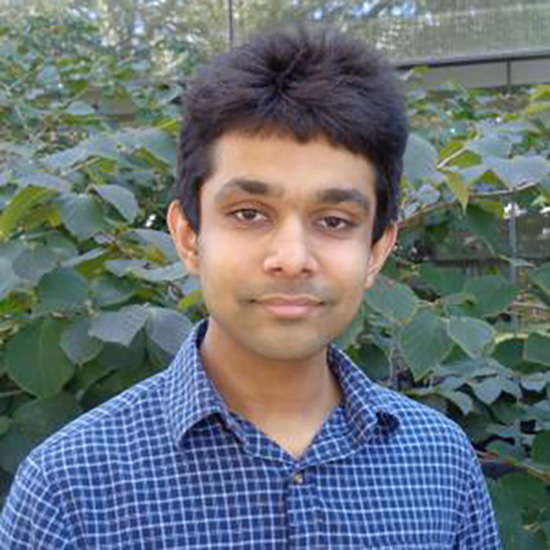
Abraar Chaudhry
Gary C. Butler Family Postdoctoral Fellow
Abraar Chaudhry is currently a Ph.D. student at Princeton University. His research interests lie broadly in the theory of mathematical optimization and data science, with an emphasis on computational efficiency. His agenda focuses on using techniques from conic optimization (particularly semidefinite and algebraic optimization) to solve modern problems in learning and data science.
Mentor: Katya Scheinberg
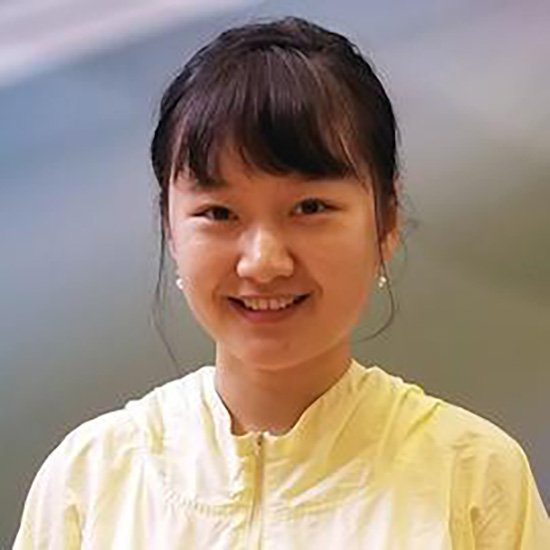
Yao Ji
H. Milton Stewart Postdoctoral Fellow
Yao Ji is currently a Ph.D. candidate in the School of Industrial Engineering (IE) at Purdue University and expects to graduate in May 2024. Her research lies in machine learning, distributed optimization, stochastic optimization and high dimensional statistics.
Mentor: George Lan
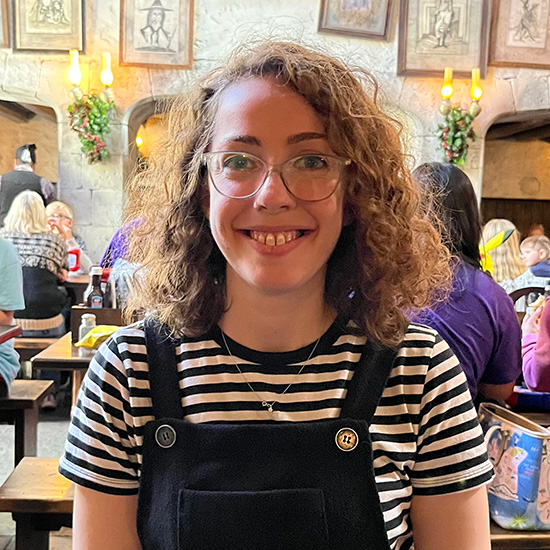
Elif Konyar
Carmine and Jean Iannacone Postdoctoral Fellow
Elif Konyar is currently a Ph.D. student in the Department of Industrial & Systems Engineering at the University of Florida and expects to complete her degree in December 2024. Her research aims to create novel methods for modeling and monitoring systems with rich data sources. This involves integrating domain knowledge with data analytics models to extract meaningful patterns from high-dimensional and heterogenous data to facilitate decision-making and improve systems performance.
Mentor: Kamran Paynabar
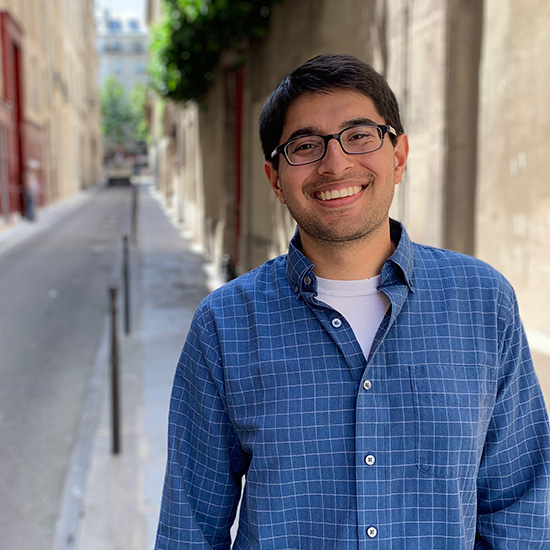
Kabir Verchand
Gary C. Butler Family Postdoctoral Fellow
Kabir Verchand received his Ph.D. degree in Electrical Engineering from Stanford University, and is currently a postdoctoral researcher at the University of Cambridge. As a postdoctoral scholar, he hopes to deepen our understanding of modern challenges and tradeoffs in data science; particularly those which lie at the intersection of statistics and computation. In this vein, his long term goal is to develop a set of user-friendly analysis tools which enable joint understanding of statistical and computational considerations in problems with large and complex data as well as an accompanying set of basic principles common to each problem.
Mentor: Ashwin Pananjady
2023 Cohort
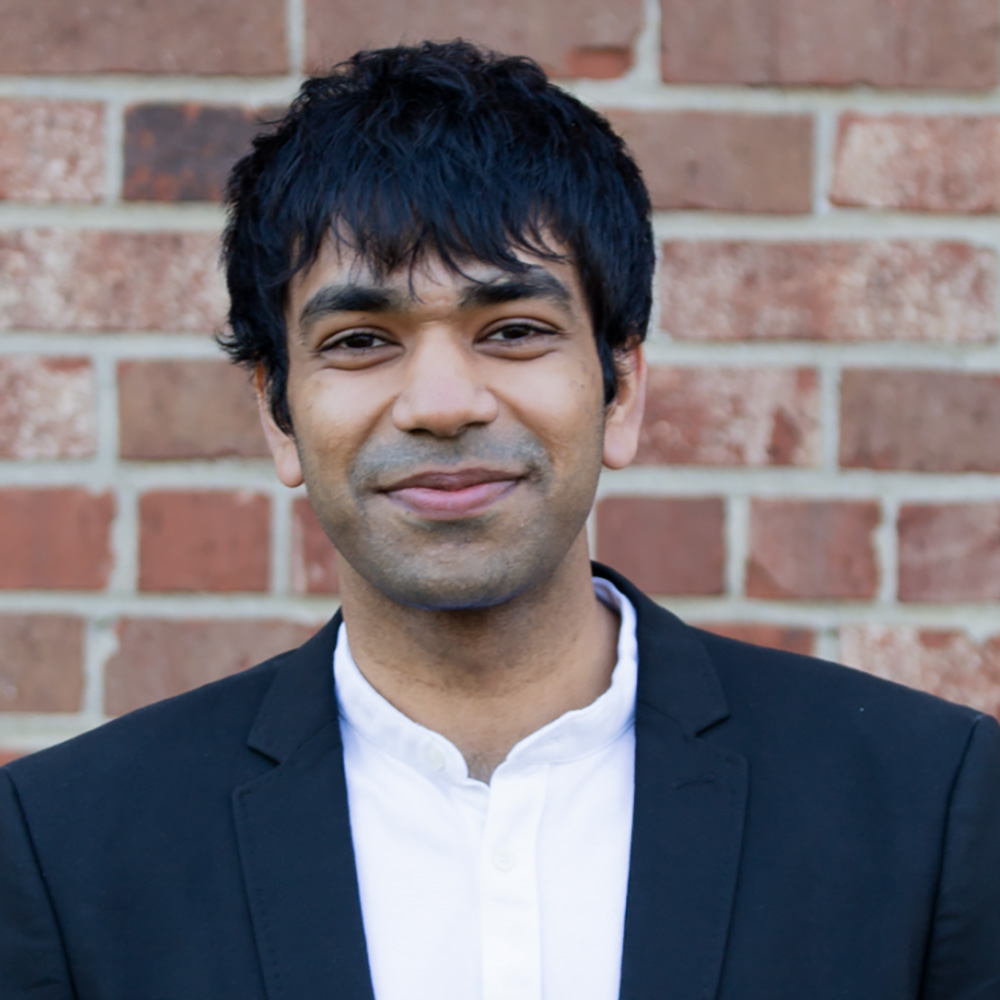
Rohan Ghuge
Ronald J. and Carol T. Beerman/ARC Postdoctoral Fellow
Rohan Ghuge received his Ph.D. degree in industrial and operations engineering from the University of Michigan, advised by Dr. Viswanath Nagarajan. His research lies broadly in the design and and analysis of algorithms for NP-hard problems. He is interested in studying algorithms under different kinds of computational models, and wants to apply these solution paradigms to real world problems arising in the fields of network design, routing, scheduling and assortment optimization (to name a few!).
Mentors: Vidya Muthukumar and Sahil Singla
First position after postdoc: Assistant Professor, Department of Information, Risk, and Operations Management, McCombs School of Business, University of Texas-Austin
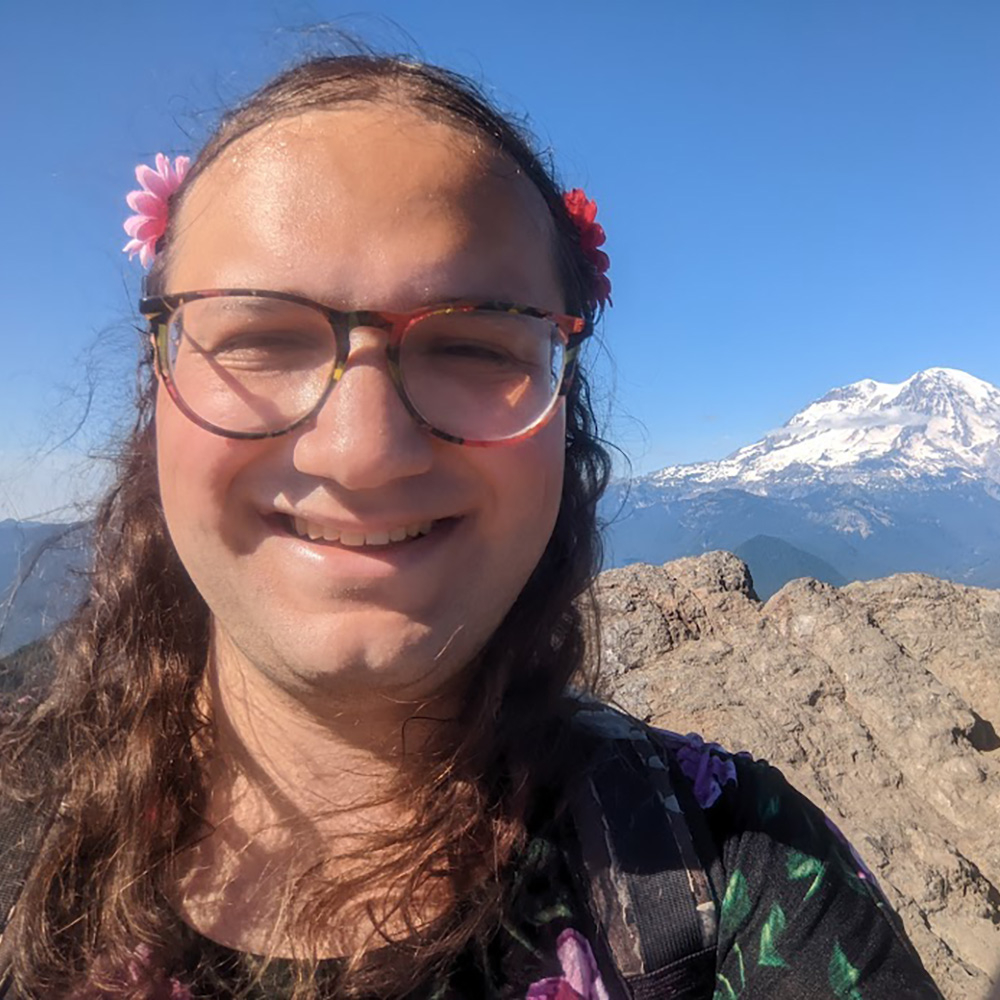
Isaac Grosof
Tennenbaum Postdoctoral Fellow
Isaac Grosof received their Ph.D. degree in Computer Science from Carnegie Mellon University, advised by Dr. Mor Harchol-Balter. They are interested in optimization and performance analysis of stochastic scheduling models for modern computing systems, especially multiserver systems, tail latency, and scheduling with predictions.
Mentor: Siva Theja Maguluri
First position after postdoc: Assistant Professor, Department of Industrial Engineering & Management Sciences, Northwestern University
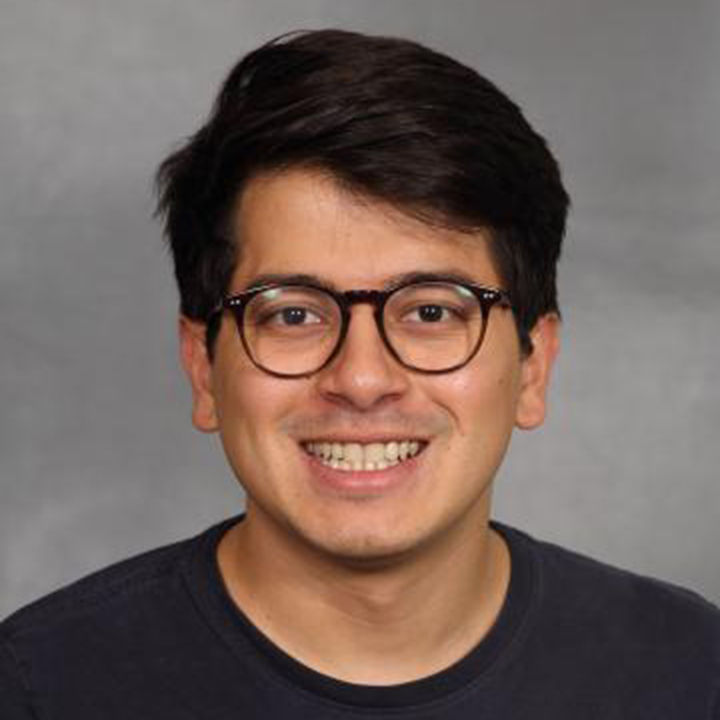
Juan Carlos Martínez Mori
President’s Postdoctoral Fellow and Schmidt Science Fellow
Carlos Martínez received his Ph.D. degree from Cornell University. His passion is to conduct mathematics research in support of social good and to empower communities by improving representation in the mathematical sciences. He has worked on a variety of subjects: from the theory and practice of discrete optimization, in particular, network design, vehicle routing, and applications in transportation systems, to enumerative combinatorics. Going forward he plans to pivot into algorithmic fairness and cooperative game theory. His objective is to develop mathematical foundations that support equitable public decision-making. He will study the inherent tensions between notions of fairness, efficiency, and social cooperation within the design of equitable public infrastructure, aiming to improve service in practice.
Mentor: Alejandro Toriello
First position after postdoc: Assistant Professor, Department of Mathematical and Statistical Sciences, University of Colorado Denver
2022 Cohort
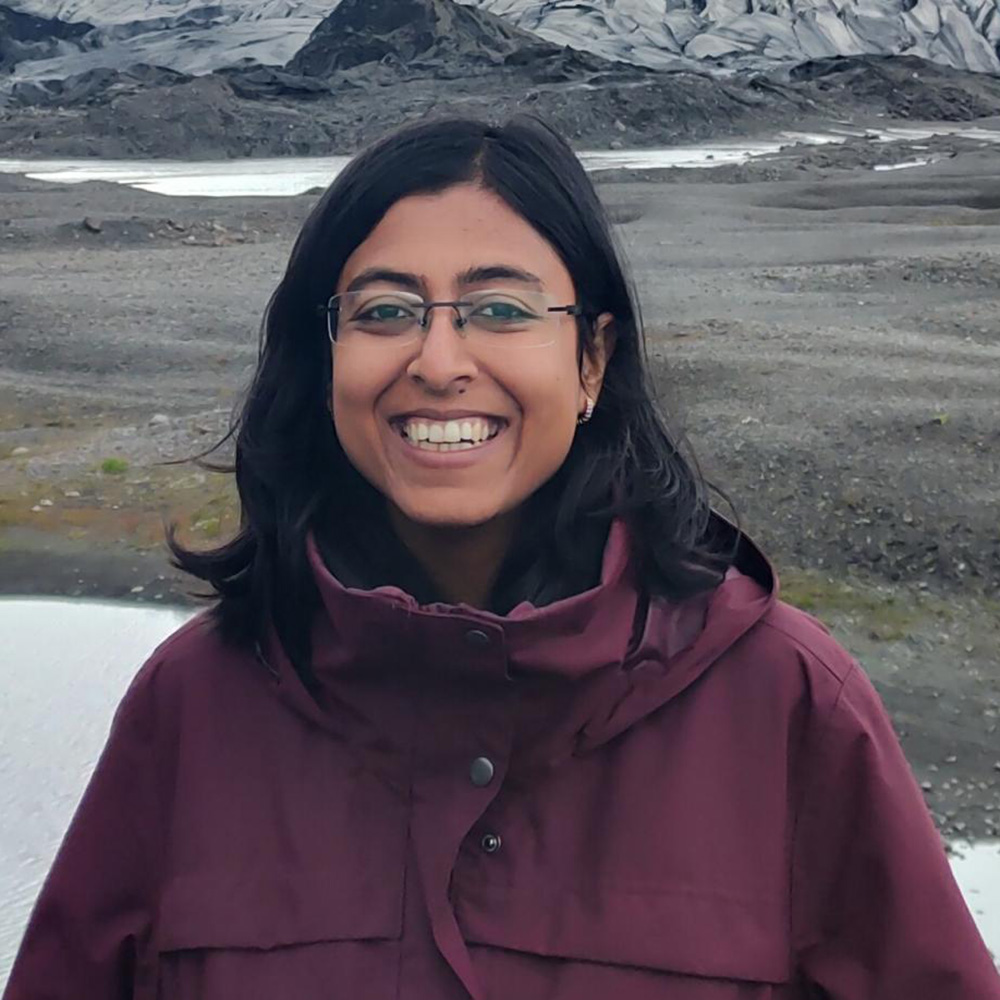
Shubhada Agrawal
Herbert A. Johnson/ARC Postdoctoral Fellow
Shubhada Agrawal received her Ph.D. degree from the School of Technology and Computer Science at the Tata Institute of Fundamental Research in Mumbai, India. Her research interests lie in the area of learning theory with a focus on sequential decision-making under uncertainty. She has worked on different problems related to multi-armed bandit algorithms.
Mentor: Siva Theja Maguluri
First position after postdoc: Assistant Professor, Indian Institute of Science (IISc), Bangalore, India.
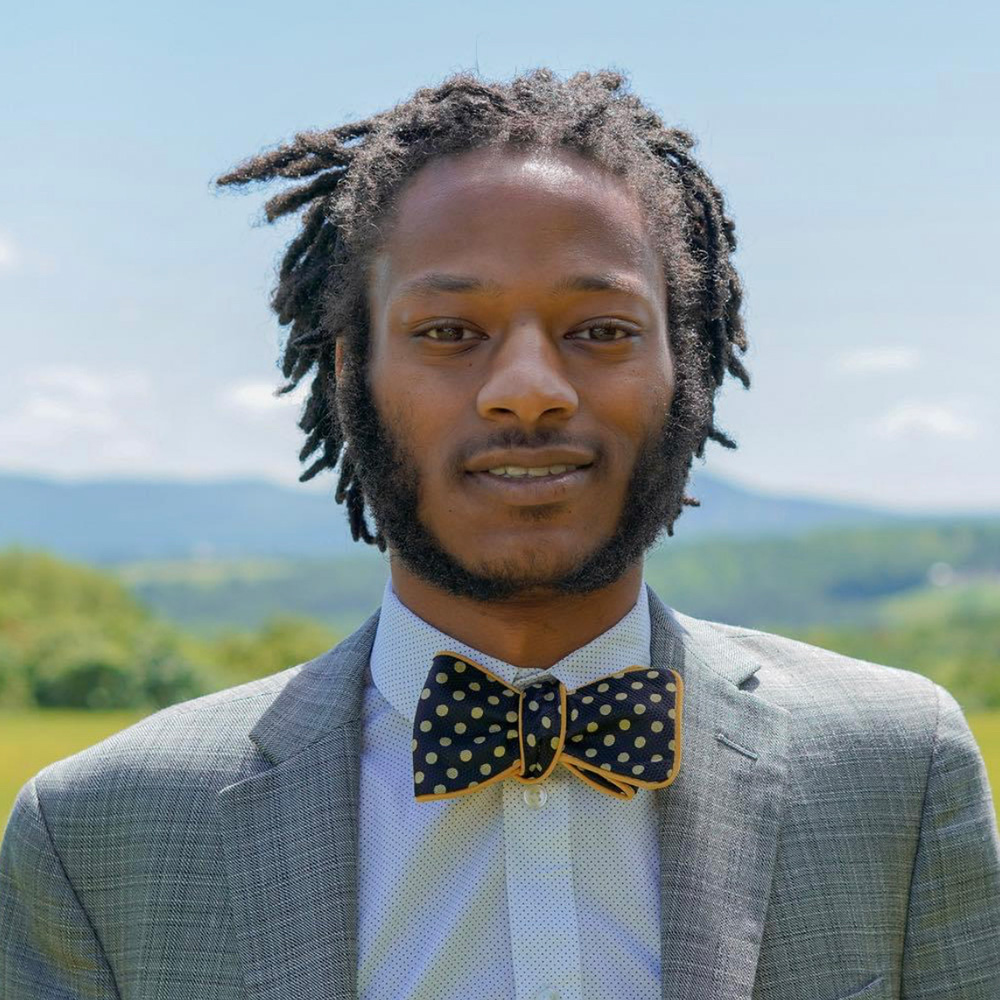
Caleb Bugg
Jerry and Harriett Thuesen Postdoctoral Fellow
Caleb Bugg received his Ph.D. degree in operations research from the Department of Industrial Engineering and Operations Research at the University of California-Berkeley. He seeks to discover and implement novel interpretations of global issues, and to prescribe simple solutions that we as a global community can implement. Utilizing the mathematical and statistical models native to Operations Research and Management, he synthesizes topics that provide an analytical basis for our society to invest in long-term, social good projects. The basis of the work is to improve the citizenry’s value for socially beneficial goods, so that they may live healthy and active lifestyles, while solving their communities’ most pressing issues.
Mentor: Gian-Gabriel Garcia
First position after postdoc: Operations Analyst, Reaching Our Sisters Everywhere, Inc., Decatur, Georgia
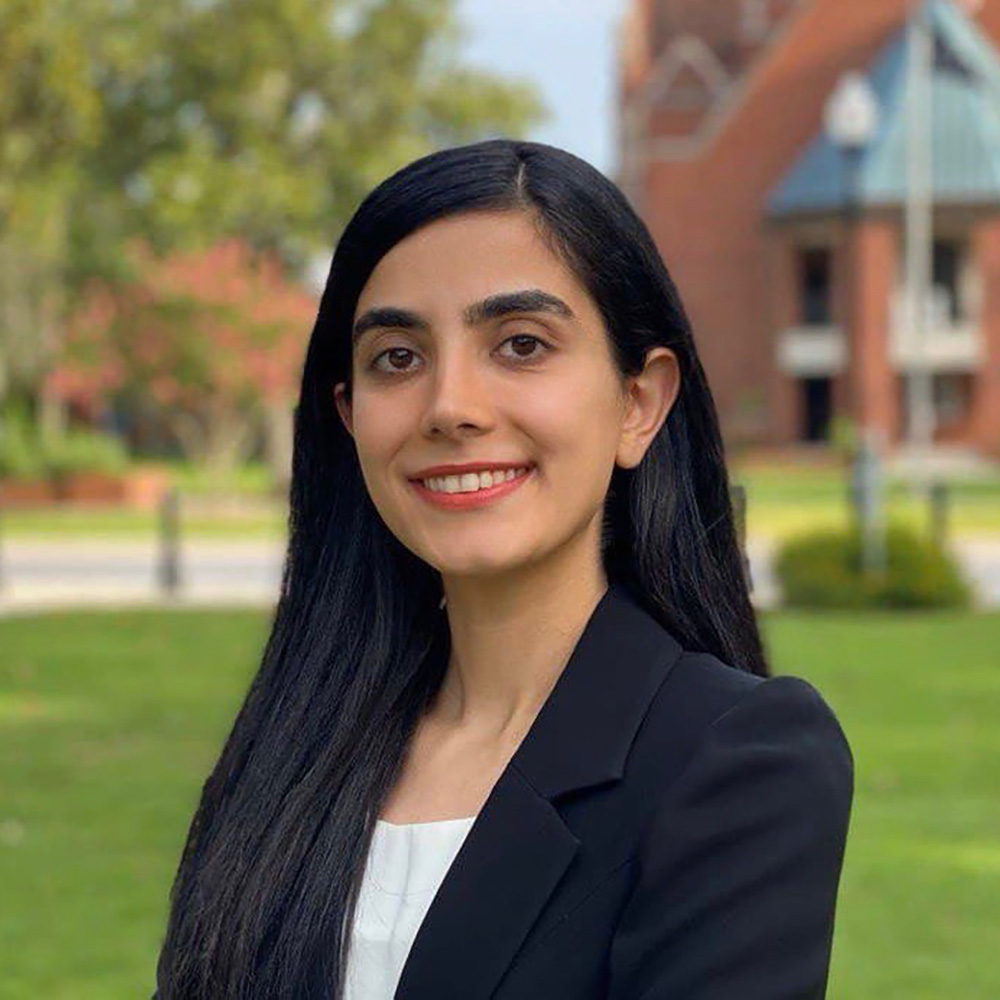
Behshad Lahijanian
Tennenbaum Postdoctoral Fellow
Behshad Lahijanian received her Ph.D. degree in industrial and systems engineering from the Department of Industrial and Systems Engineering at the University of Florida. Her research focuses on decision-making by developing methods and algorithms for healthcare systems using stochastic programming, multi-method simulation, and machine learning.
Mentors: Nicoleta Serban and Gian-Gabriel Garcia
First position after postdoc: Senior Data Scientist, JP Morgan Chase
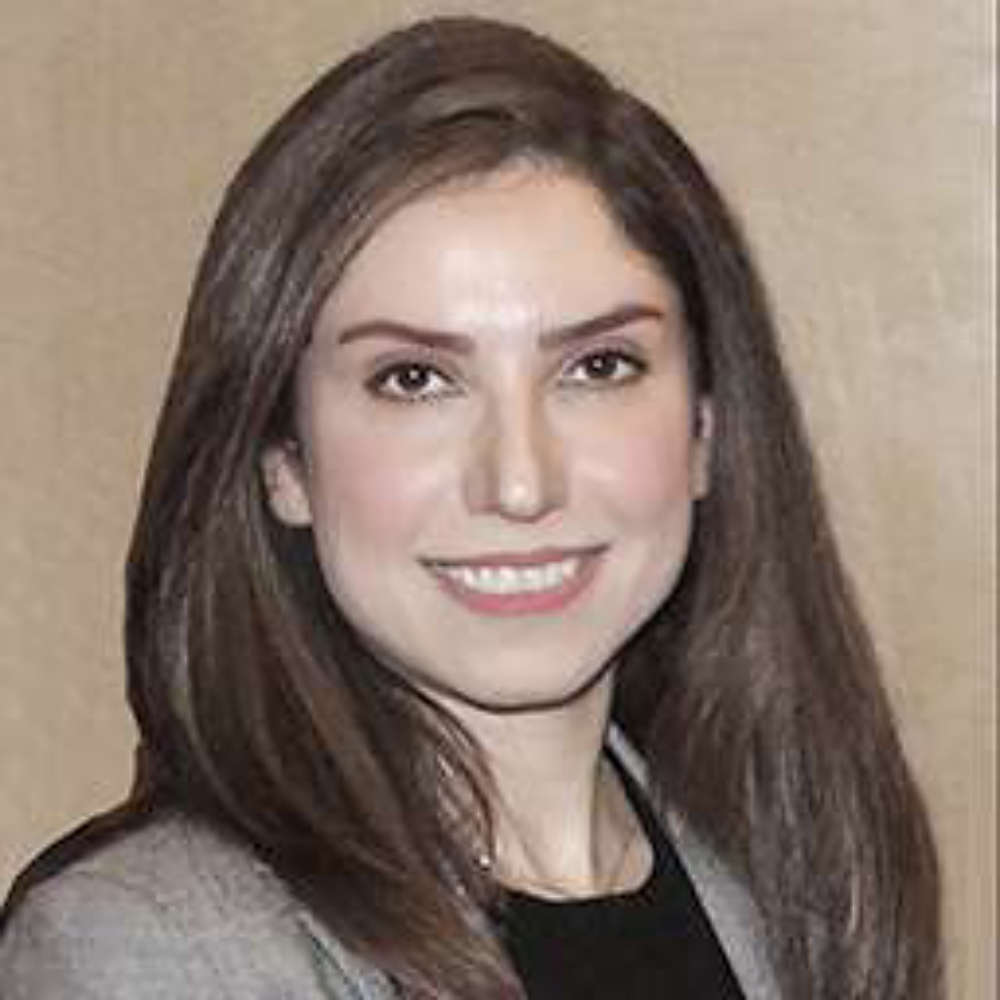
Zahra Mobini
George Family Foundation Postdoctoral Fellow
Zahra Mobini received her Ph.D. degree from the Department of Operations Management of the Jindal School of Management at the University of Texas-Dallas. Her research interests revolve around the design and analysis of human-centric solutions to operations management problems, with a focus on healthcare operations. She is currently working on problems, in clinical settings, that encompass both sides of the human-technology frontier. Using empirical and analytical methods, her research aims to improve quality of care by leveraging the capabilities of technology while also accounting for the behavior of the caregivers who use it.
Mentor: Turgay Ayer
First position after postdoc: Assistant Professor, Scheller College of Business, Georgia Tech
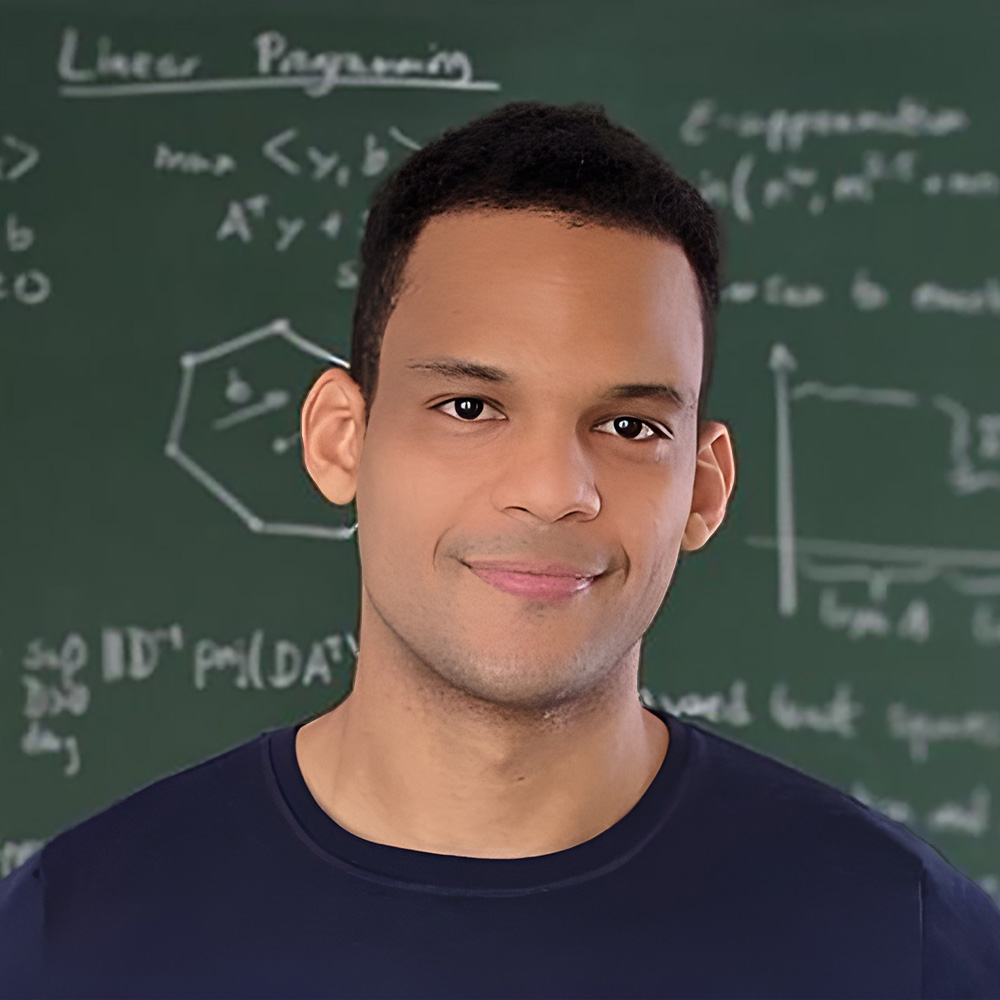
Bento Natura
Ronald J. and Carol T. Beerman/ARC Postdoctoral Fellow
Bento Natura received his Ph.D. degree from the Department of Mathematics at the London School of Economics. His research interests are in operational research, combinatorial optimization, convex optimization, and game theory.
Mentor: Mohit Singh
First position after postdoc: Assistant Professor, Department of Industrial Engineering and Operations Research, Columbia University
2021 Cohort
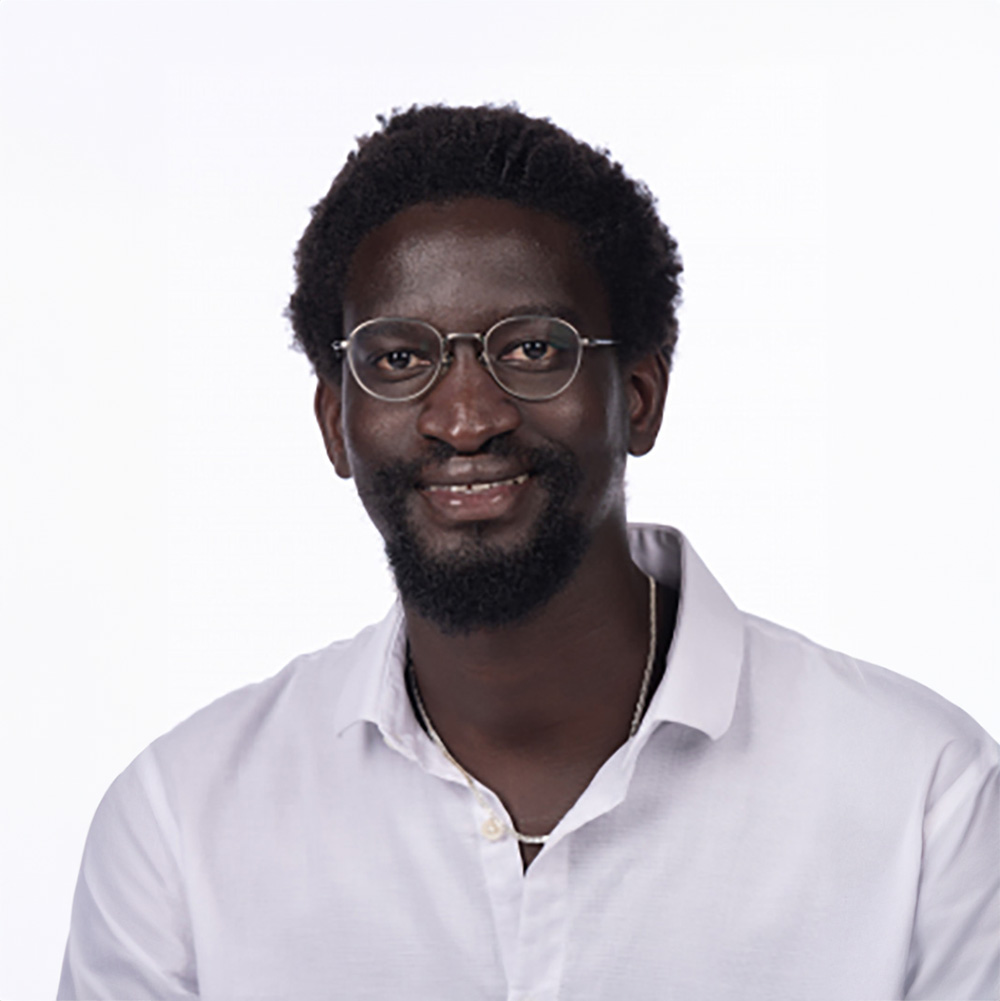
Eugene Ndiaye
Tennenbaum President's Postdoctoral Fellow
Eugene Ndiaye received his Ph.D. in applied mathematics from Telecom ParisTech. His research interests focus on the interplay between machine learning and optimization, mainly to understand how a statistical learning algorithm can select particular information from data and how this selection bias affects its prediction abilities. Among other long-term objectives, it aims to provide quantifiable and implementable guarantees on the performance and limits of artificial intelligence methods as well as their impacts when they are deployed in society.
Mentors: Xiaoming Huo and Pascal Van Hentenryck
First position after postdoc: AI/ML - Machine Learning Researcher, Apple, Paris, France
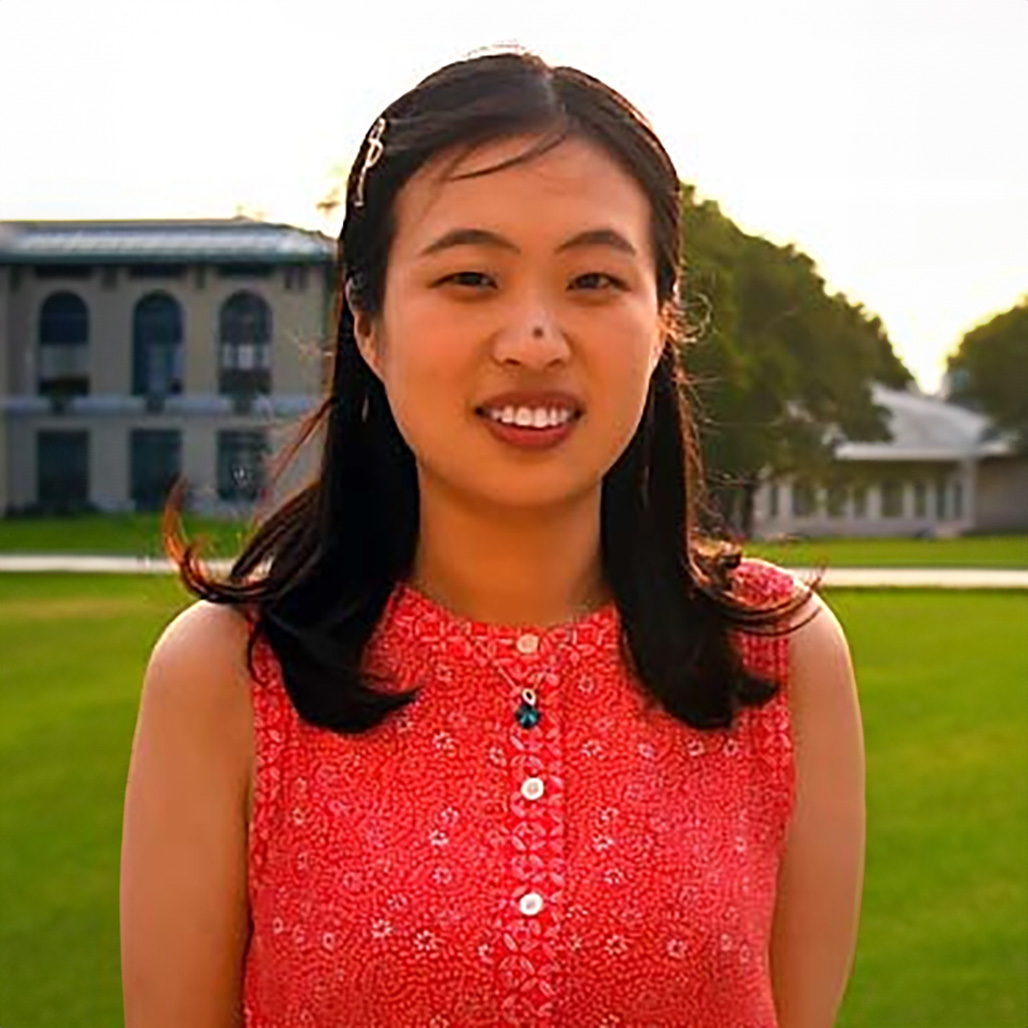
Jingyan Wang
Ronald J. and Carol T. Beerman/ARC President's Postdoctoral Fellow
Jingyan Wang received her Ph.D. in the School of Computer Science from Carnegie Mellon University in 2021, advised by Nihar Shah. She received her B.S. in Electrical Engineering and Computer Sciences with a minor in Mathematics from the University of California, Berkeley in 2015. Her research interests lie in understanding and mitigating biases in decision making problems such as admissions, peer grading and peer review, using tools from statistics and machine learning. She is the recipient of the Best Student Paper Award at AAMAS 2019.
Mentors: Ashwin Pananjady and Juba Ziani
First position after postdoc: Research Assistant Professor, Toyota Technical Institute at Chicago
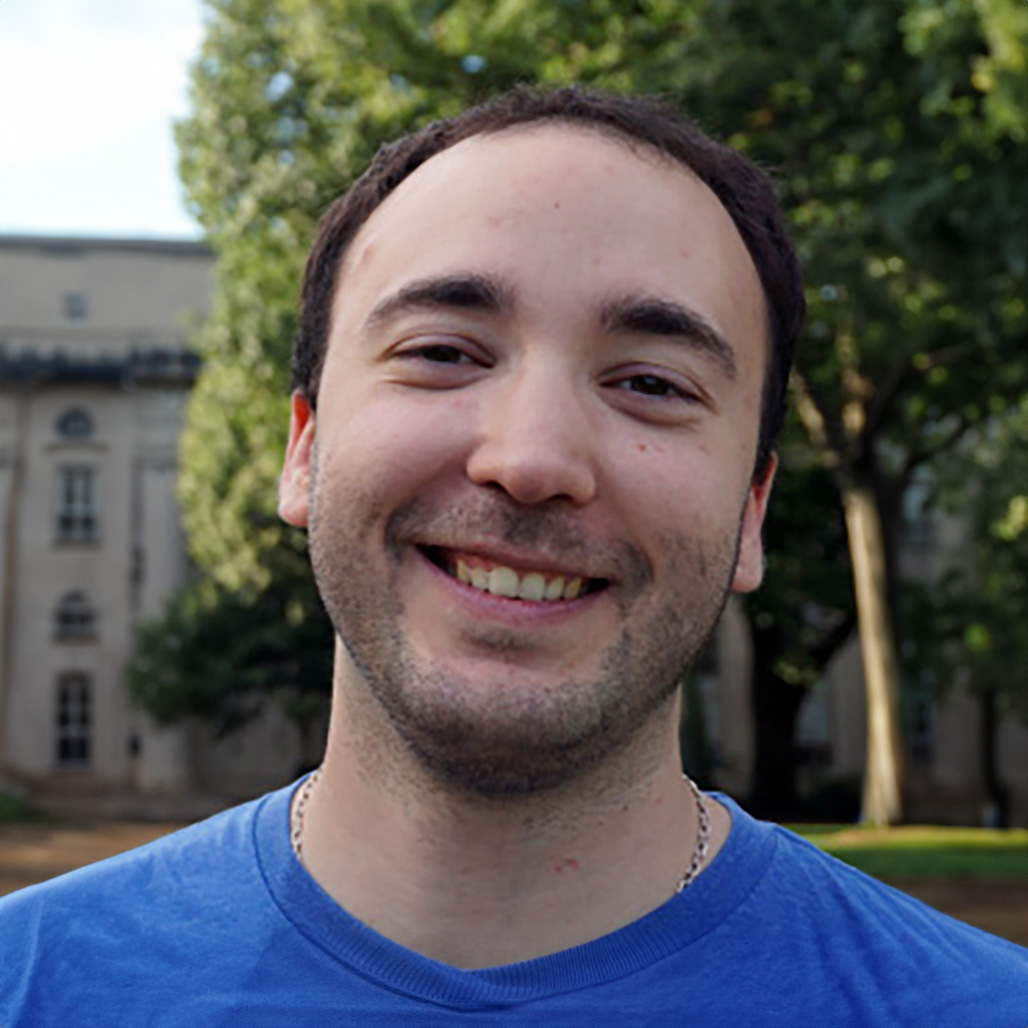
Martin Zubeldia
Tennenbaum President's Postdoctoral Fellow
Martin Zubeldia received a B.S. degree in Electronics Engineering (2012) and a M.Sc. degree in Engineering (2014) from the Universidad ORT Uruguay, and a Ph.D. in Electrical Engineering (2019) from MIT. Before joining Georgia Tech, he was a postdoc at the Eindhoven University of Technology, and at the University of Amsterdam, in the Netherlands. His research primarily focuses on the modeling, analysis, and control of large-scale stochastic decision systems, inspired by applications in computer networks and other service systems. He is particularly interested in the fundamental tradeoffs between performance and efficiency in such systems, with an emphasis on the role that information plays in these tradeoffs. He was a finalist for the 2019 INFORMS APS Best Student Paper Award and for the 2016 INFORMS George E. Nicholson Student Paper Competition.
Mentor: Siva Theja Maguluri
First position after postdoc: Assistant Professor, Department of Industrial and Systems Engineering, University of Minnesota -Twin-Cities
